Road trips, late-night shifts, sudden emergencies, or simply seeking some peace — there are plenty of reasons someone might want to sleep in a car. But in Maryland, is it actually legal to sleep in your vehicle? This question has grown in importance because housing costs, travel habits, and personal safety concerns often lead people to consider their car a temporary shelter. The nuances of Maryland’s laws, local ordinances, and practical realities can make this issue confusing. This comprehensive guide explores the legality, risks, and practical considerations of sleeping in your car in Maryland, complete with statistics, real-life scenarios, and actionable advice.
Understanding Maryland State Law on Sleeping in Your Car
No, it is not illegal to sleep in your car in Maryland, as there is no state-wide law against it, but local ordinances and private property rules may still prohibit it. You should always check for signs at rest areas, follow parking regulations, and be aware that being in control of a vehicle while impaired can still lead to a DUI charge.
Maryland’s transportation code primarily governs issues related to traffic and parking rather than the act of sleeping in a vehicle. Sleeping in your car is not considered a crime if you are parked legally and are not engaging in other illegal activities.
For those passing through Maryland or residing in the state, the absence of a statewide rule might seem reassuring. However, it’s important to recognize that your experience can vary widely depending on the jurisdiction. For example, being parked in a residential neighborhood may raise concerns among residents, prompting calls to law enforcement. In rural areas, sleeping in your car on private property—even with the landowner’s permission — is generally not an issue, but public spaces have their own set of rules.
Local Ordinances and Parking Restrictions
While Maryland’s state law may not criminalize sleeping in your car, many cities and counties have ordinances that can impact your right to do so. These local laws often address issues such as overnight parking, loitering, and trespassing, rather than sleeping itself.
Cities like Baltimore and Rockville have specific rules regarding parking duration and location. For example, some streets in Baltimore have clear signs stating “No parking between 2AM and 6AM.” Many commercial or retail parking lots are posted as “No overnight parking.” Breaking these ordinances can result in fines or your vehicle being towed.
Some municipalities also have laws against loitering or vagrancy, which, although typically outdated, can occasionally be enforced against people staying in one place for an extended period. Law enforcement officers may interpret sleeping in a car as loitering, especially if parked in high-traffic or sensitive areas.
Maryland Rest Areas:
Maryland has several official rest areas along its highways. The Maryland Department of Transportation allows short-term stops at these locations, typically for rest, restroom usage, or food. Drivers are generally permitted to sleep in their cars at rest areas, provided they don’t exceed the posted time limit, which can range from two to eight hours depending on location.
However, rest areas are monitored by law enforcement and staff, and long-term stays or camping behaviors are not permitted. Maryland’s rest areas prioritize traveler safety, recognizing fatigue as a significant factor in traffic accidents. According to the National Highway Traffic Safety Administration, drowsy driving causes thousands of crashes every year. Allowing tired motorists to rest serves a public safety function, but abusing the privilege can result in being asked to leave or even facing citations for trespassing.
Private Property
If you’re considering sleeping in your car on private property, always seek permission first. Parking lots belonging to stores, shopping centers, or churches may seem like convenient spots, but many are patrolled. Owners or security can ask you to leave, and refusal may result in trespassing charges.
Some businesses, notably large chains like Walmart or truck stops, are known for allowing overnight parking for travelers. However, this is not universal. Policies vary by location, and it’s crucial to inquire with management or look for posted signage. Maryland’s Safe Haven initiative at select truck stops and travel plazas explicitly welcomes commercial drivers to rest, but private vehicles may be subject to more scrutiny.
Homelessness and Living in Your Car
The issue of sleeping in vehicles often intersects with homelessness. In Maryland, as in much of the United States, affordable housing shortages have resulted in a portion of the population turning to their cars for shelter. According to recent reports, Maryland’s homeless population has seen fluctuations in recent years, with estimates well into the thousands. For these individuals, cars can provide a safer alternative than living unsheltered.
While Maryland does not criminalize sleeping in your car due solely to homelessness, individuals may be targeted for enforcement of parking and loitering laws more aggressively. The city of Salisbury, for example, has worked with local shelters and nonprofits to address the challenges faced by people forced to live in vehicles. Public advocacy organizations consistently push for more humane treatment and expanded safe parking programs.
When Is It Safe and Legal to Sleep in Your Car?
The safest and most lawful places to sleep in your car in Maryland are:
- Public highway rest areas, within posted time limits.
- Designated campgrounds or parks where overnight parking is permitted.
- Truck stops or travel plazas, within their allowed timeframes.
- Residential areas where there are no posted limits or restrictions, and where local ordinances do not prohibit overnight parking.
Many travelers opt for 24-hour businesses—like big box stores, gas stations, or shopping malls—but always check for posted signs and seek permission from property management. Even when permitted, businesses may restrict overnight stays to discourage loitering.
Alternatives to Sleeping in Your Car
Maryland offers resources and alternatives for those needing rest or shelter:
-
Motels and Hotels: Even budget accommodations provide more comfort and safety, and occasionally discounted rates are available for travelers in distress.
-
Safe Parking Programs: Some nonprofits and churches offer supervised lots for people living in cars, complete with restrooms and security.
-
Shelters and Outreach Initiatives: Urban centers like Baltimore and Annapolis have facilities open year-round for individuals facing homelessness.
-
Public Parks and Campgrounds: For campers or travelers, regulated campgrounds allow for overnight stays at reasonable rates, though advance booking is usually required.
Maryland’s Approach to Drowsy Driving and Traveler Safety
Maryland’s government recognizes the dangers of drowsy driving and encourages motorists to rest when needed. Public service announcements and highway signs often urge drivers to “Rest if you’re tired.” The state’s strategic rest areas prioritize traveler safety by supporting short-term naps and breaks.
Moreover, Maryland law generally exempts drivers from liability for simply sleeping in their car unless other infractions occur. Legislative focus remains on controlling illegal parking and trespassing — not on punishing tired motorists or those facing short-term hardship.
Frequently Asked Questions
Can I sleep in my car overnight in a Maryland residential neighborhood?
Most towns and cities discourage overnight parking in residential areas. Your vehicle may draw unwanted attention and complaints, resulting in police visits or fines.
Is it legal to sleep in my car at Maryland rest areas or truck stops?
Short-term rest is generally permitted in designated traveler areas. Exceeding posted limits or camping on-site can result in enforcement action.
What happens if law enforcement knocks on my window while I’m sleeping?
Stay calm, unlock your vehicle, and cooperate. Explain your purpose and intention to leave shortly. Most officers are focused on public safety and will not ticket you if you comply with local laws.
Can my car be towed while I’m inside?
In Maryland, illegal parking can result in towing, even if the vehicle is occupied. Most tow operators will call law enforcement before moving an occupied vehicle.
Are there any state programs for people sleeping in cars due to homelessness?
Resources exist but vary by location. Safe parking initiatives, church outreach, and shelters are available but may have waiting lists or restrictions.
Final Thoughts
Sleeping in your car in Maryland is not illegal in itself, but where and how you park is critically important. By following local ordinances, choosing rest areas or authorized locations, and being mindful of safety risks, you can avoid legal trouble and protect your well-being. Whether you are a road tripper seeking rest, a worker waiting for your next shift, or someone facing housing insecurity, understanding Maryland’s approach to vehicle sleeping ensures your choice is safe and compliant.
Always consult local resources or law enforcement if you are unsure, and remember: rest is essential for safe driving and personal health, but respect for community rules ensures that everyone can share Maryland’s roads and public spaces amicably.
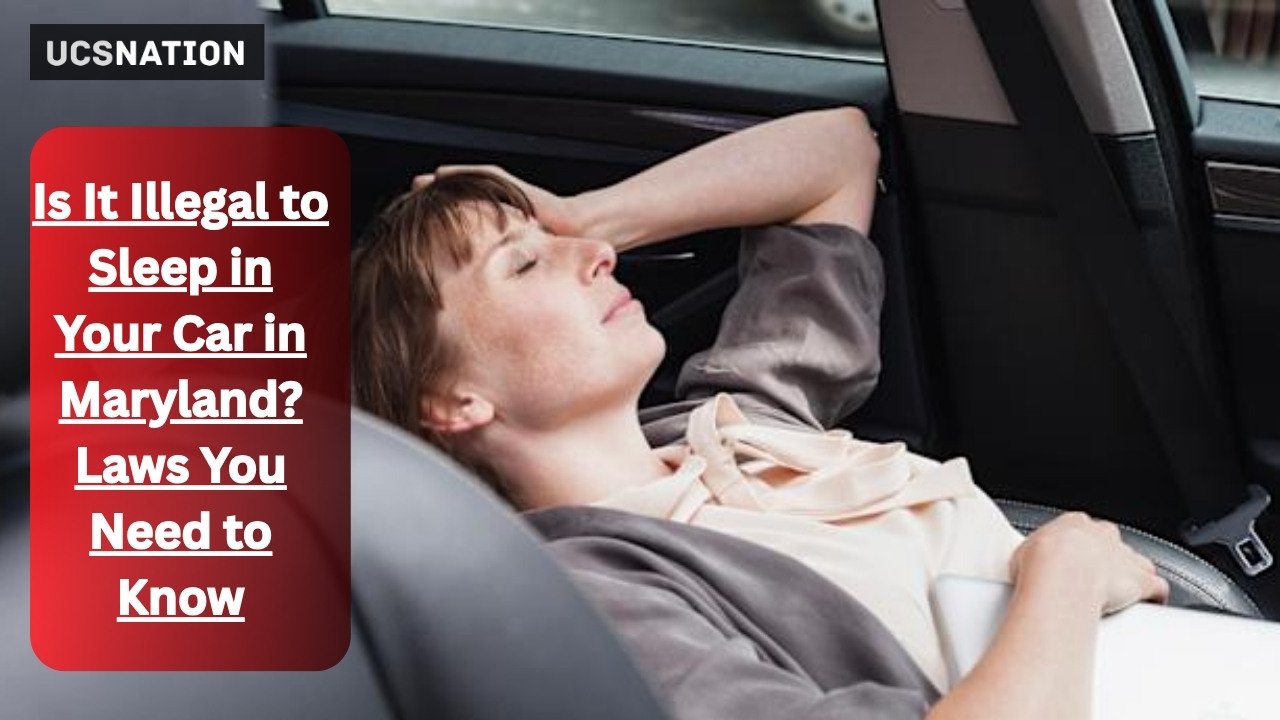
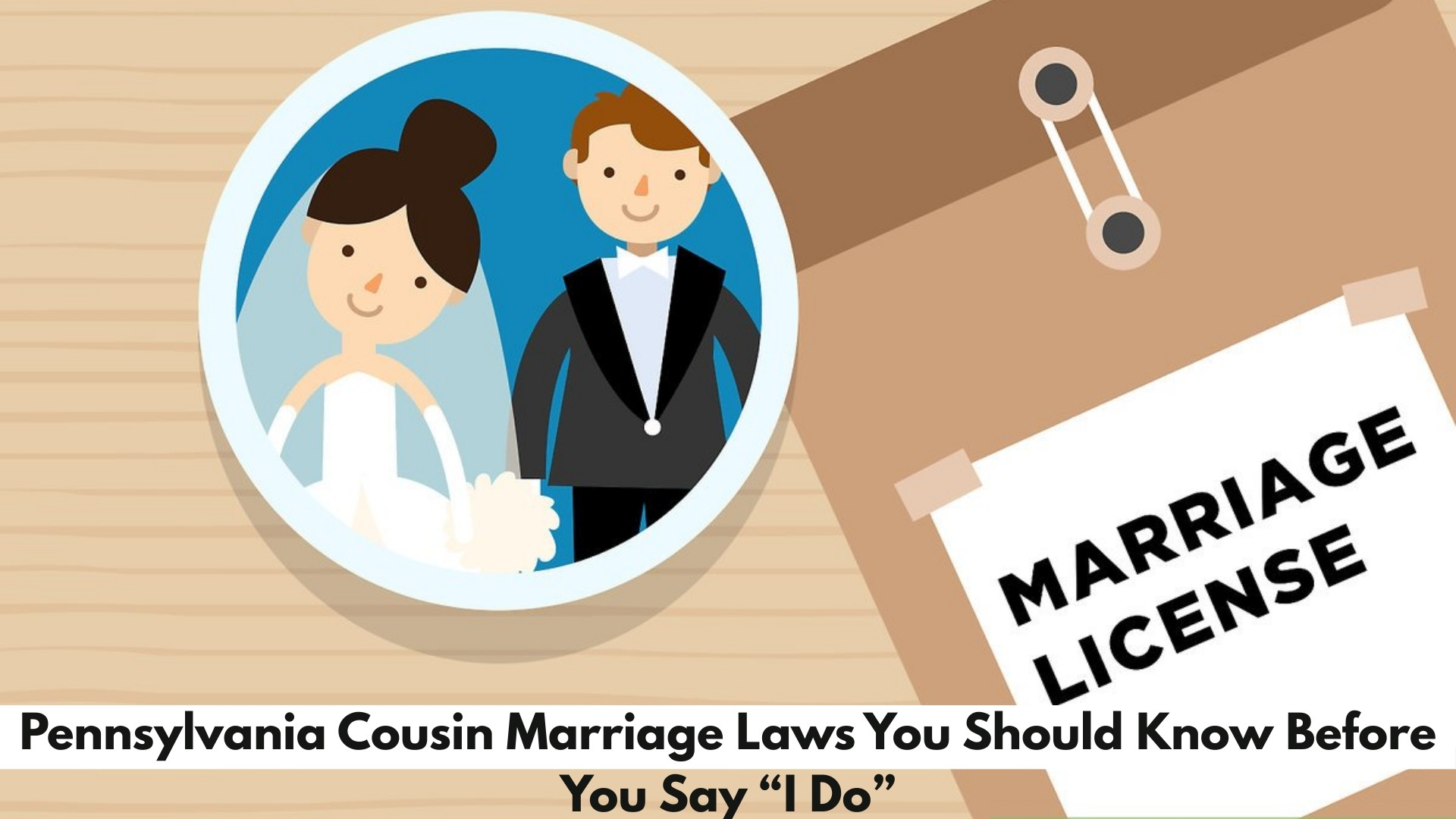

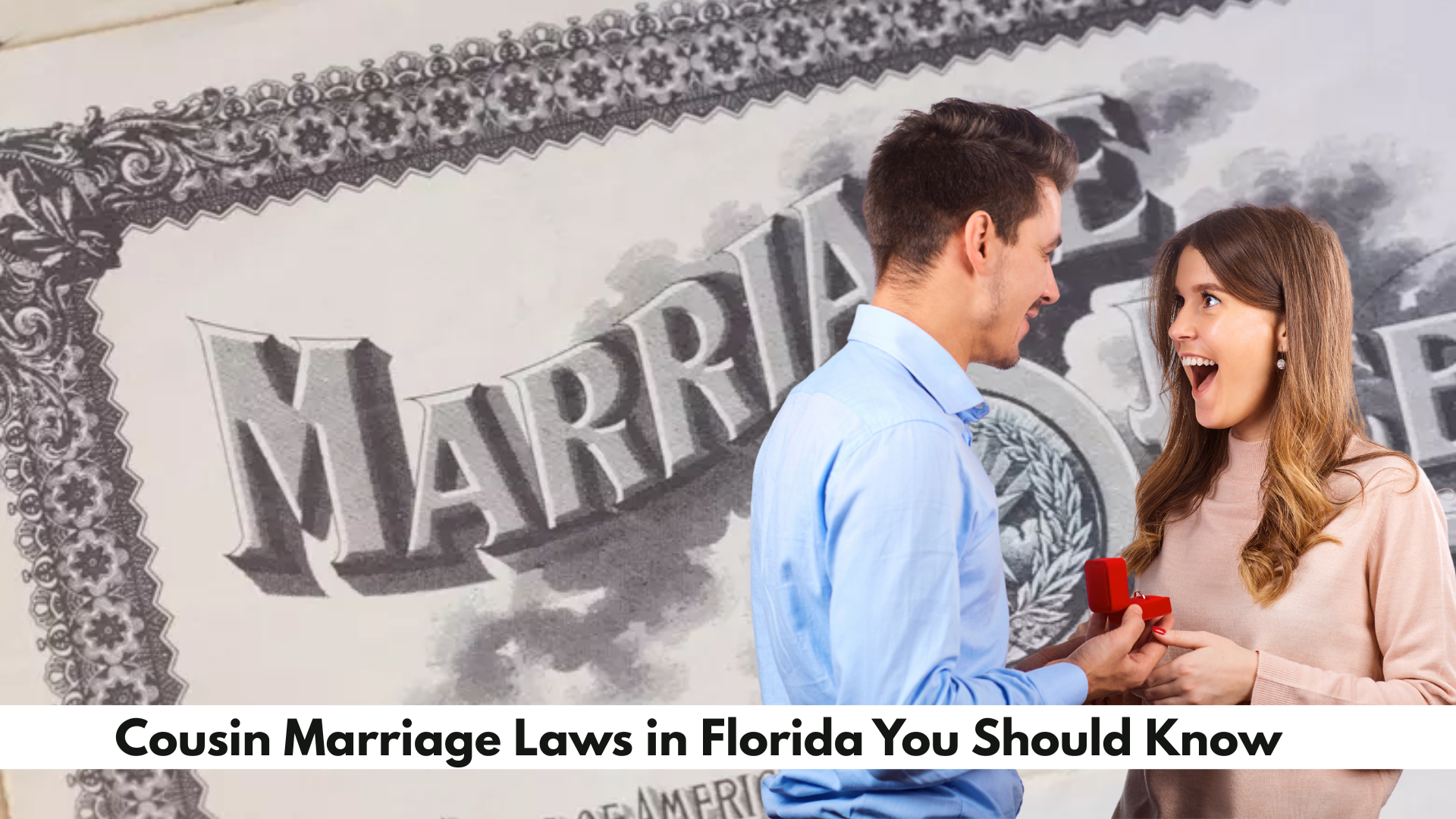
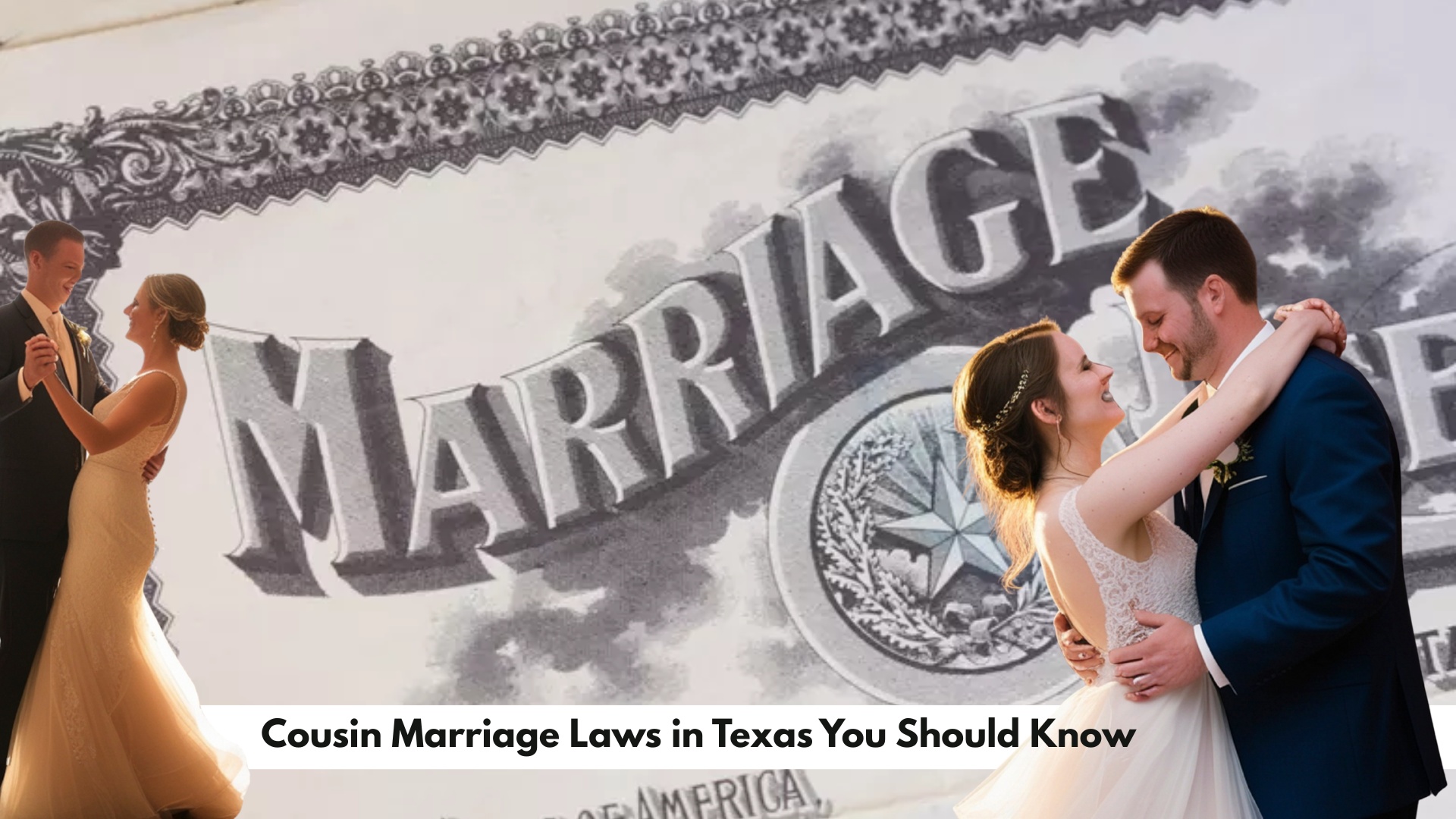
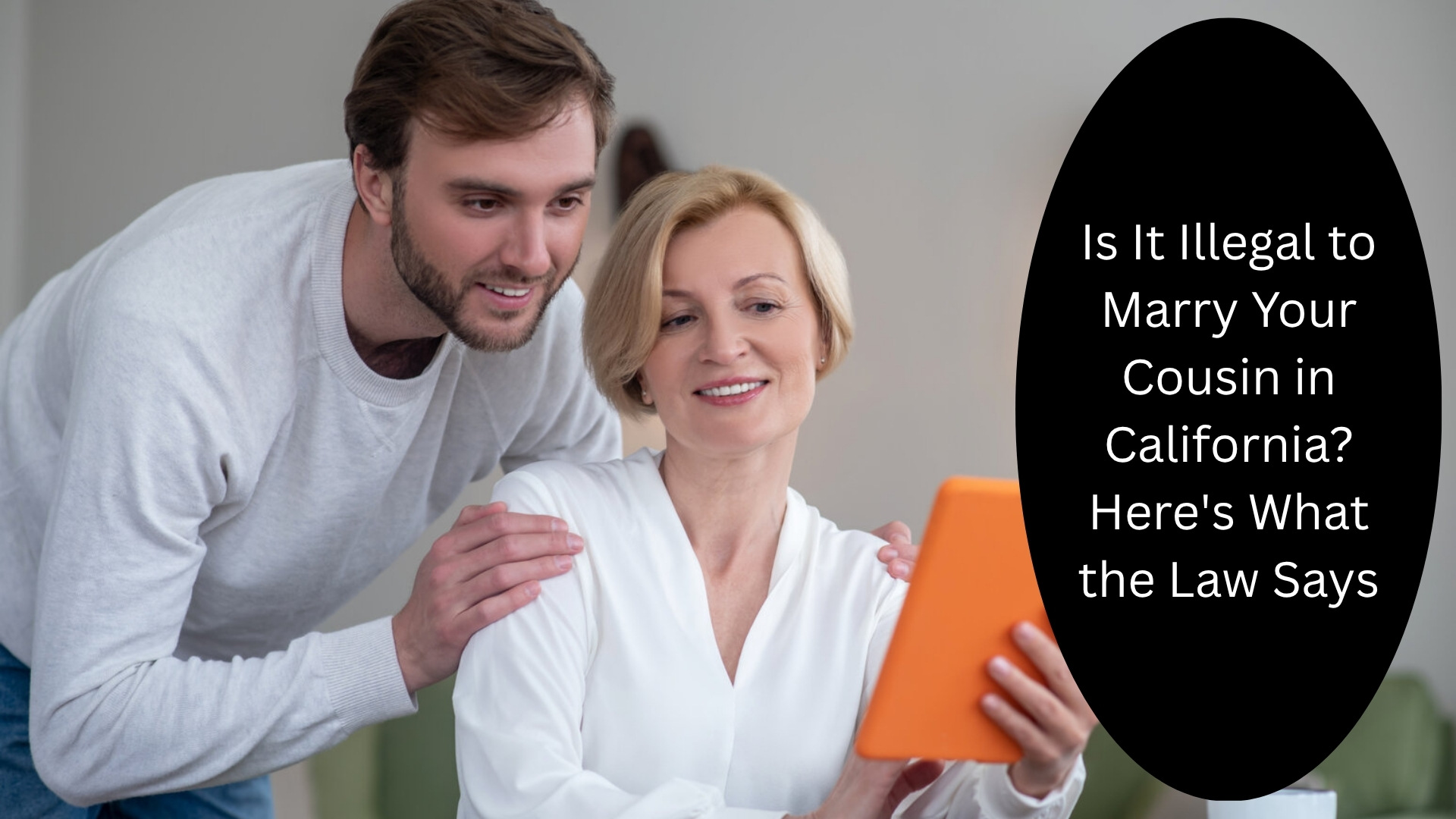
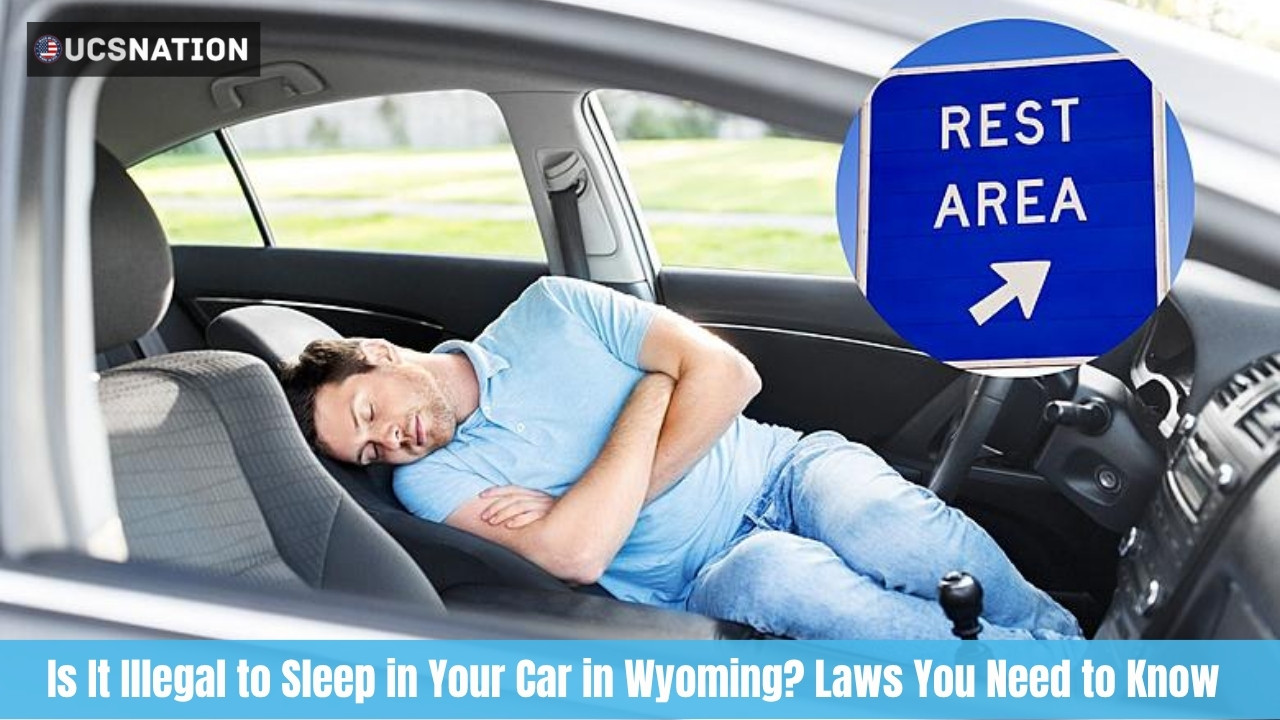
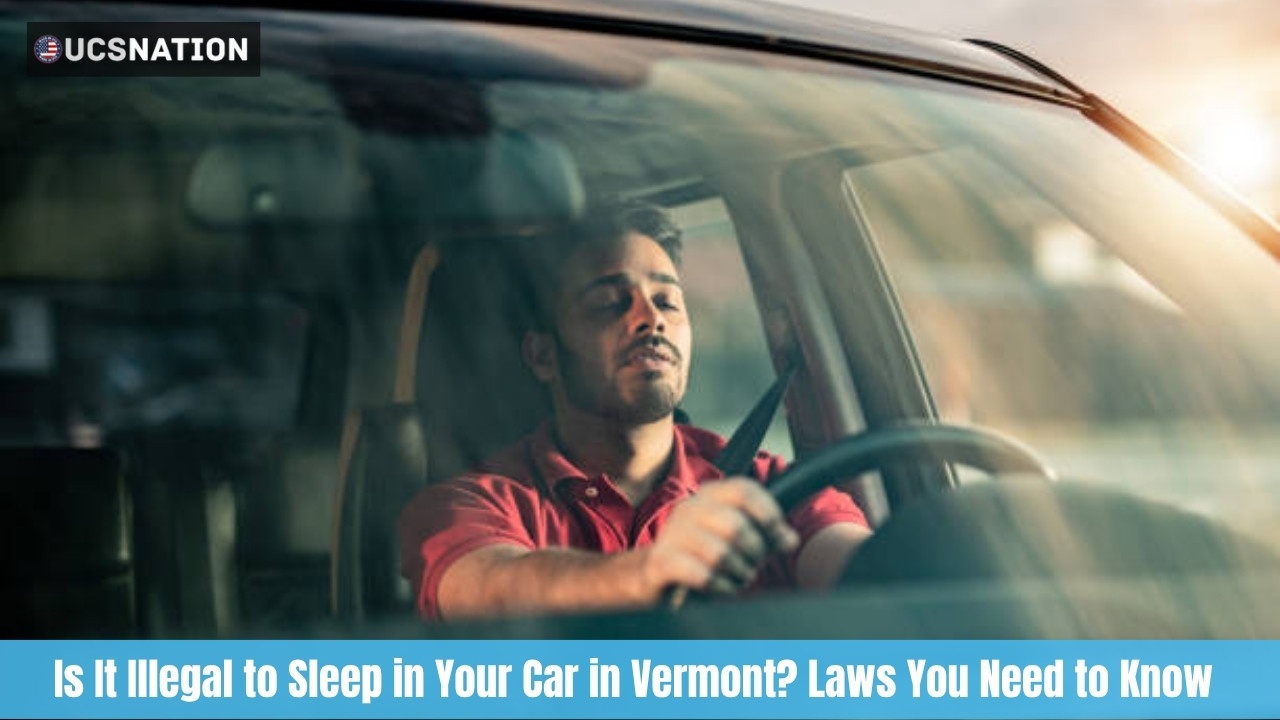
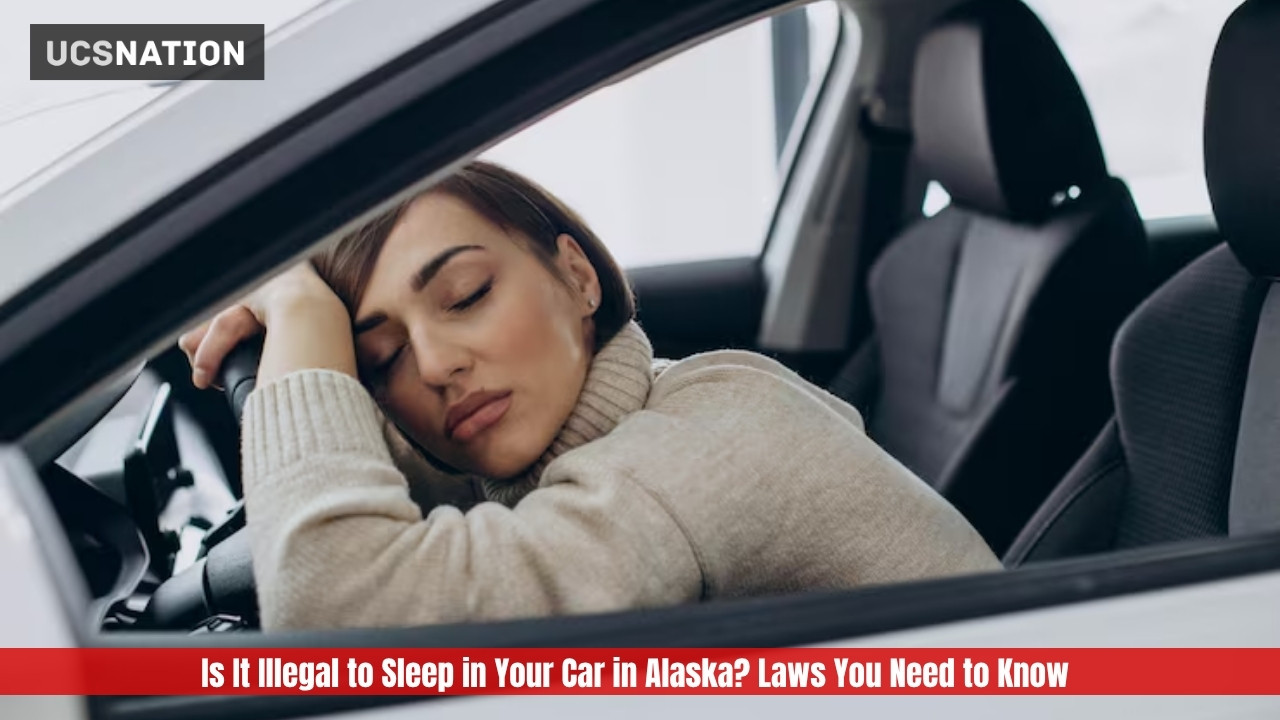
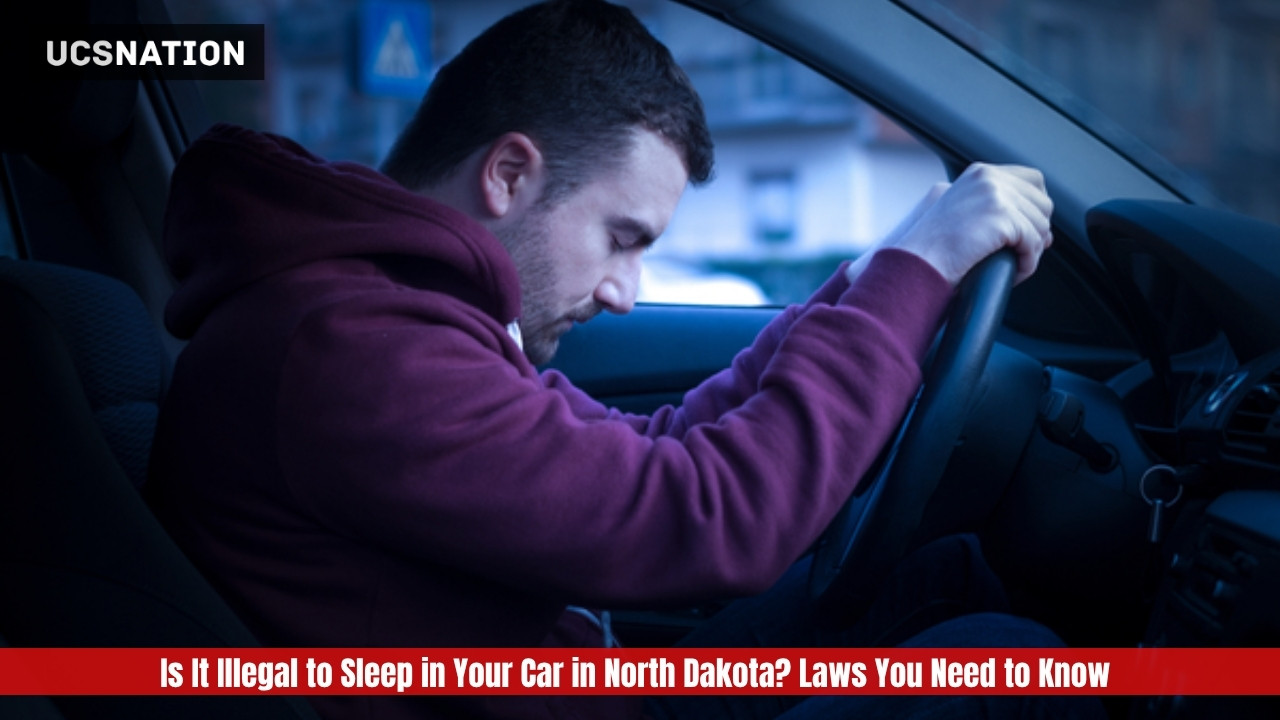
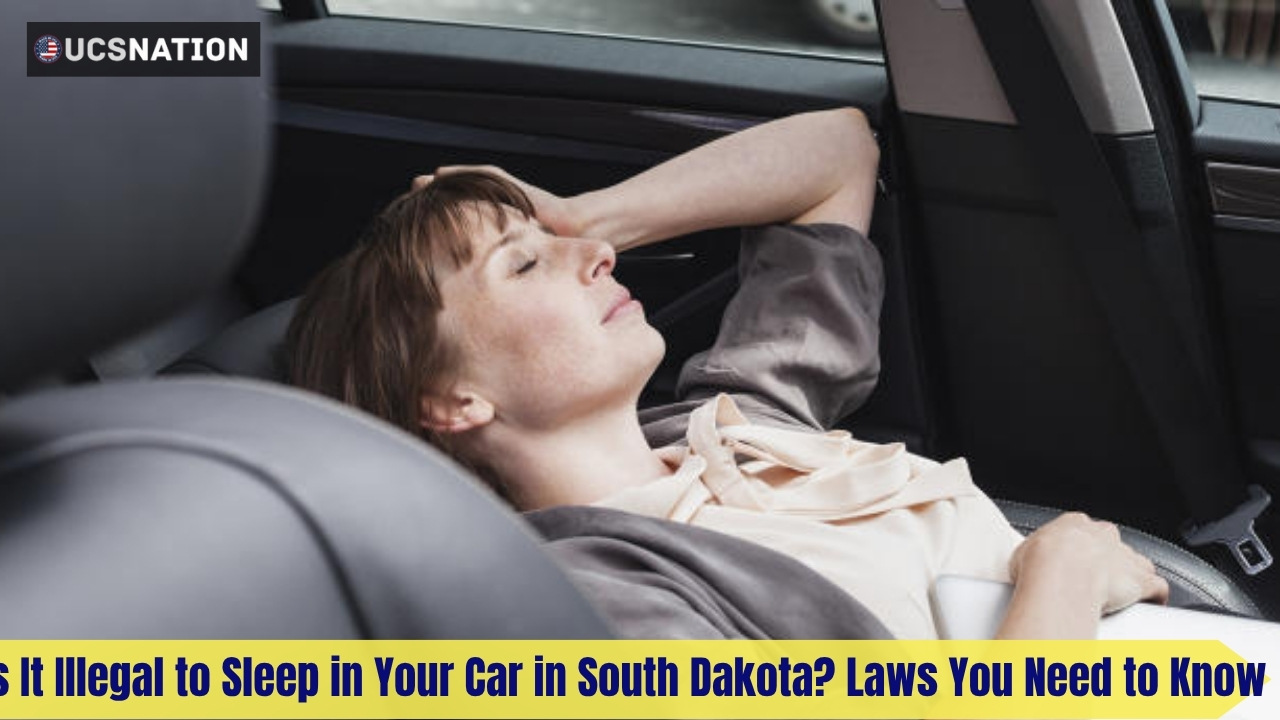




Leave a Reply